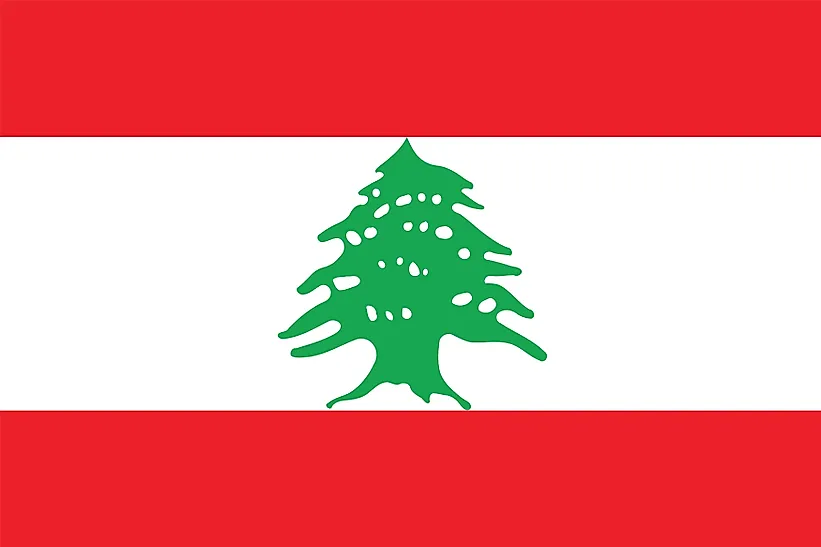
Lebanon
| Continent | Asia |
| Capital | Beirut |
| Population | 6,237,738 |
| GDP | $85.16 Billion |
| GDP per Capita | $18,500 |
| Dialing Code | +961 |
| ISO Code (2-letter) | LB |
| ISO Code (3-letter) | LBN |
Lebanon Landscapes






About Lebanon
Welcome to Lebanon, a nation where ancient civilization meets modern resilience. With approximately 6.8 million people occupying 10,452 square kilometers, Lebanon combines remarkable historical heritage with stunning Mediterranean landscapes, standing as a cultural bridge between East and West.
Geographic Features and Natural Beauty
Lebanon’s geography encompasses extraordinary diversity within a compact area, from the Mediterranean coastline to the peaks of Mount Lebanon. The country features dramatic landscapes including the Qadisha Valley, the Cedars of God forest, and the fertile Bekaa Valley.
The landscape includes two parallel mountain ranges – the Lebanon and Anti-Lebanon mountains – separated by the Bekaa Valley. The country’s varied topography creates multiple climate zones, supporting diverse ecosystems from coastal to alpine environments.
Protected areas include the Shouf Biosphere Reserve, home to the largest cedar forest in Lebanon, and the Tannourine Cedar Forest Nature Reserve. The country’s geographical diversity supports unique biodiversity, including the iconic Lebanese cedar tree featured on its national flag.
Cultural Heritage and Traditions
Lebanese culture represents a rich mosaic of various civilizations and religions. The country’s heritage includes numerous UNESCO World Heritage sites, particularly the ancient cities of Byblos, Baalbek, and Tyre, showcasing Phoenician, Roman, and Islamic influences.
Traditional arts include distinctive crafts like glassblowing, copper work, and textile weaving. Music and dance traditions, particularly the dabke folk dance, express cultural identity, while traditional festivals celebrate the country’s diverse religious and cultural heritage.
Lebanese cuisine, renowned worldwide, features distinctive dishes like kibbeh, tabbouleh, and mezze, reflecting the country’s rich agricultural heritage and culinary innovation. The tradition of hospitality and shared meals remains central to social life.
Historical Journey
Lebanon’s history spans from ancient Phoenician civilization through various empires and periods to its modern independence in 1943. The country’s territory includes some of the world’s oldest continuously inhabited cities.
Significant periods include the Phoenician era, Roman rule, Arab caliphates, Ottoman period, French mandate, and post-independence development. Lebanon’s role as a cultural and commercial crossroads has shaped its unique identity.
Modern Economic Landscape
Today’s Lebanese economy combines service sectors, particularly banking and tourism, with traditional strengths in agriculture and commerce. The country’s strategic location and educated workforce support its historical role as a regional business center.
Recent initiatives focus on digital transformation, sustainable development, and rebuilding efforts. Lebanon’s entrepreneurial spirit and cultural diversity continue to drive innovation despite challenges.
International Relations and Global Position
Lebanon maintains significant cultural and economic connections worldwide while navigating regional complexities. The country’s large diaspora contributes to international cultural exchange and economic ties.
Did You Know?
• Byblos is considered one of the oldest continuously inhabited cities in the world?
• The Lebanese cedar tree has been mentioned in ancient texts including the Epic of Gilgamesh?
• Lebanon has more than 40 universities, making it a major educational center in the Middle East?
• The country produces internationally acclaimed wines, continuing a tradition dating back to ancient Phoenicians?
Conclusion
Lebanon represents a unique combination of historical legacy and contemporary resilience. From its ancient ruins to its modern cities, from its traditional customs to its entrepreneurial spirit, Lebanon continues to evolve while preserving its rich cultural heritage. As it addresses contemporary challenges and reconstruction efforts, Lebanon remains committed to its role as a cultural bridge while fostering renewal and development.